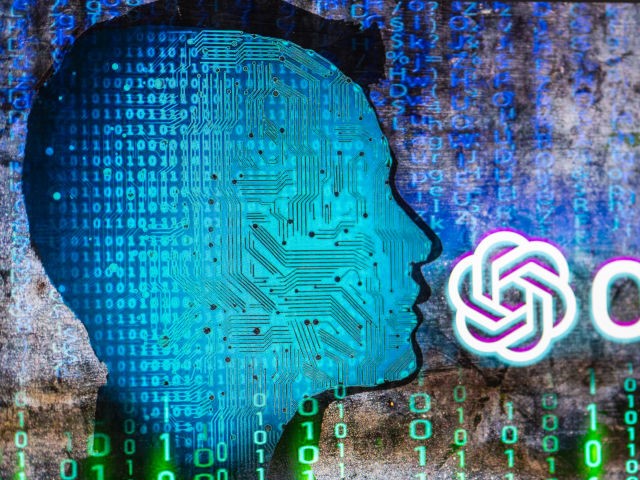OpenAI announced on Tuesday that it has begun training a new flagship AI model to succeed the GPT-4 technology powering its popular chatbot, ChatGPT.
The New York Times reports that the San Francisco-based startup, a leading player in the AI industry, revealed in a blog post that the new model is expected to usher in “the next level of capabilities” as the company pursues its goal of developing “artificial general intelligence” (AGI) – a machine capable of performing any task the human brain can. This upcoming model will serve as the foundation for various AI products, including chatbots, digital assistants, search engines, and image generators.
Alongside the announcement of the new model, OpenAI also disclosed the formation of a Safety and Security Committee tasked with exploring and addressing the potential risks associated with the new model and future technologies. The company stated, “While we are proud to build and release models that are industry-leading on both capabilities and safety, we welcome a robust debate at this important moment.”

OpenAI logo seen on screen with ChatGPT website displayed on mobile seen in this illustration in Brussels, Belgium, on December 12, 2022. (Photo by Jonathan Raa/NurPhoto via Getty Images)
OpenAI’s ambition to accelerate AI development comes amidst growing concerns from critics who argue that the technology is becoming increasingly dangerous, facilitating the spread of disinformation, replacing jobs, and potentially threatening humanity. Experts have varying opinions on when tech companies will achieve AGI, but industry giants such as OpenAI, Google, Meta, and Microsoft have consistently enhanced AI capabilities over the past decade, showcasing significant advancements every two to three years.
The company’s current flagship model, GPT-4, released in March 2023, enables chatbots and other software applications to perform tasks such as answering questions, composing emails, generating term papers, and analyzing data. An updated version, GPT-4o, unveiled this month but not yet widely available, can also generate images and respond to questions and commands in a highly conversational manner.
However, the rapid development of AI has not been without controversy. Actress Scarlett Johansson recently claimed that GPT-4o used a voice “eerily similar” to hers without her consent, prompting her to hire a lawyer and request OpenAI to cease using the voice. The company denied that the voice belonged to Johansson.
By subscribing, you agree to our terms of use & privacy policy. You will receive email marketing messages from Breitbart News Network to the email you provide. You may unsubscribe at any time.
The training process for AI models involves analyzing vast amounts of digital data, including sounds, photos, videos, Wikipedia articles, books, and news stories. This process can take months or even years, followed by several more months of testing and fine-tuning before public release. As a result, OpenAI’s next model may not be available for another nine months to a year or more.
Read more at the New York Times here.
Lucas Nolan is a reporter for Breitbart News covering issues of free speech and online censorship.

COMMENTS
Please let us know if you're having issues with commenting.